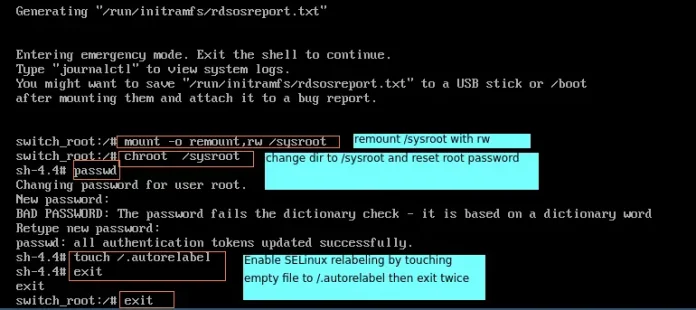The hashCode() method of SortedSet in Java is used to get the hashCode value for this instance of the SortedSet. It returns an integer value which is the hashCode value for this instance of the SortedSet.
Syntax:
public int hashCode()
Parameters: This function has no parameters.
Returns: The method returns an integer value which is the hashCode value for this instance of the Set.
Note: The hashCode() method in SortedSet is inherited from the Set interface in Java.
Below examples illustrates the SortedSet.hashCode() method:
Example 1:
// Java code to demonstrate the working of// hashCode() method in SortedSet import java.util.*; public class GFG { public static void main(String[] args) { // creating an Set SortedSet<Integer> arr = new TreeSet<Integer>(); // using add() to initialize values // [1, 2, 3, 4] arr.add(1); arr.add(2); arr.add(3); arr.add(4); // print Set System.out.println("Set: " + arr); // Get the hashCode value // using hashCode() value System.out.println("HashCode value: " + arr.hashCode()); }} |
Set: [1, 2, 3, 4] HashCode value: 10
Example 2:
// Java code to demonstrate the working of// hashCode() method in Set import java.util.*; public class GFG { public static void main(String[] args) { // creating an Set SortedSet<String> arr = new TreeSet<String>(); // using add() to initialize values // [Geeks, For, ForGeeks, GeeksForGeeks] arr.add("Geeks"); arr.add("For"); arr.add("ForGeeks"); arr.add("GeeksForGeeks"); // print Set System.out.println("Set: " + arr); // Get the hashCode value // using hashCode() value System.out.println("HashCode value: " + arr.hashCode()); }} |
Set: [For, ForGeeks, Geeks, GeeksForGeeks] HashCode value: -482506029
Reference: https://docs.oracle.com/javase/7/docs/api/java/util/Set.html#hashCode()




